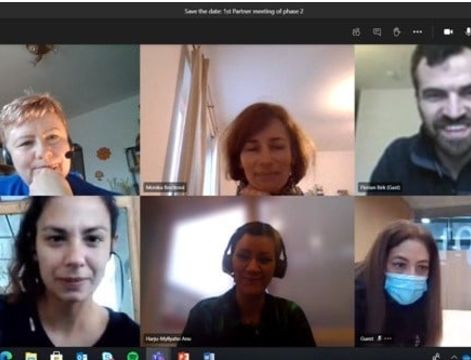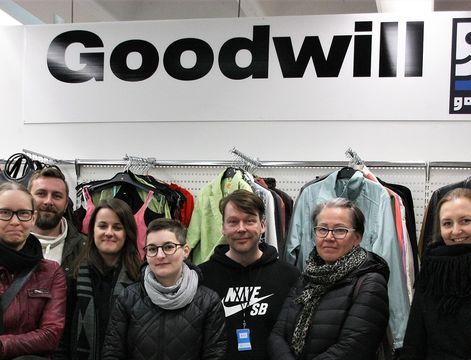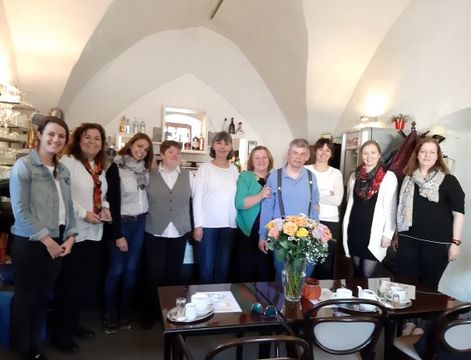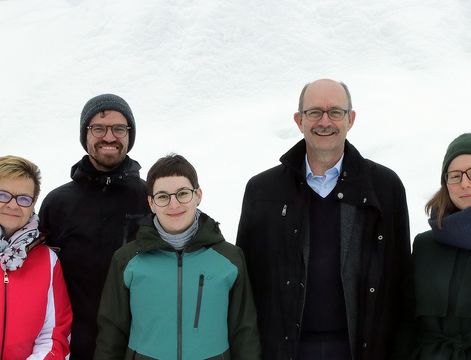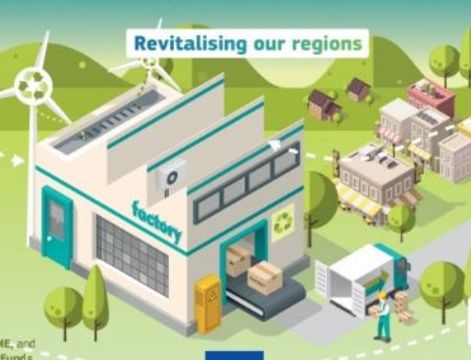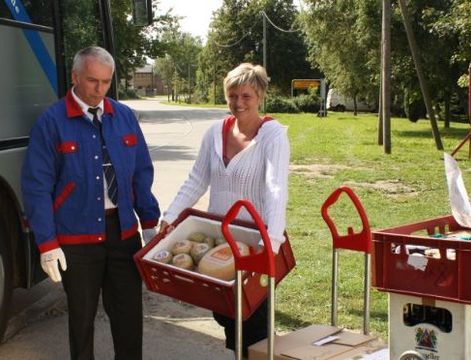History & Rationale
In 2011, the Uckermarck region in Brandenburg Germany (see graph) faced the following challenges: Decline in population, drop in school bus traffic and local shopping options, cost pressures on local public transport, etc. As a consequence, the regional government supported the roll-out of a pilot project in the Uckermarck region in Brandenburg, Germany (see graph).
The Project: The Kombibus
Since 2012 a bus company brings people and goods to their destination and puts rural supplies in the fast lane. The public busses of the Uckermärkische Verkehrsgesellschaft (regional public transport company) not only carry passengers. They also transport packages and frozen food. As so-called combination busses, they serve all of the bus stops in the local public transport network. They deliver goods to shops, restaurants, hotels and companies several times a day, and return bicycles to the shops where they were rented.
The KombiBus is useful for the sparsely populated region: Companies are spared long journeys and high costs for purchasing and shipping goods. And local residents can rest assured that the shelves of the shops will always be full. Figure 1 gives an overview of the success factors of the project.
Political support for the project and spread to other regions
Since 2016 all transport companies in Brandenburg have the opportunity to receive a grant of EUR 70,000 for the introduction of the KombiBus approach to existing lines in their service area.
Support is provided for:
- Planning services for development and development of the KombiBus concept.
- Expenses for the practical implementation and concrete measures related to the KombiBus principle.


